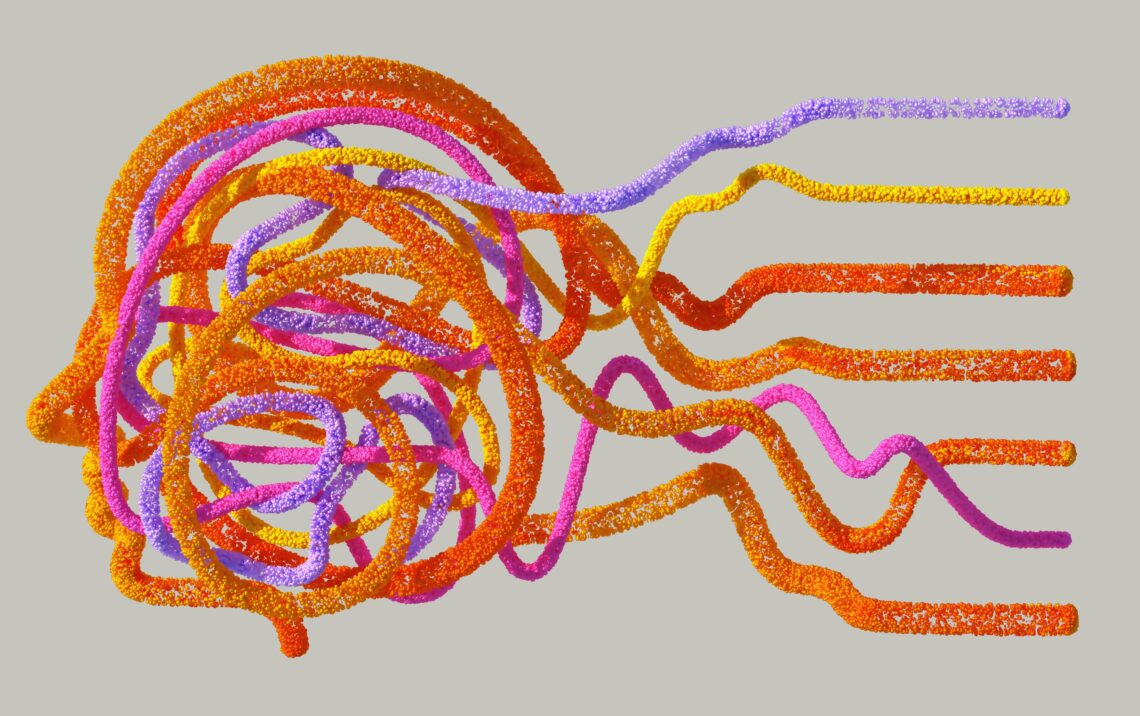Google has unveiled its latest artificial intelligence (AI) system named Complementarity-driven Deferral-to-Clinical Workflow (CoDoC), designed to revolutionize medical diagnosis and streamline healthcare practices. The innovative system is unique in its ability to determine whether AI-generated medical diagnoses are reliable or if human intervention is necessary to arrive at a more accurate conclusion.
While CoDoC is yet to undergo real-world testing within medical environments, Google asserts that the system has the potential to strike a harmonious balance between accuracy and efficiency, ultimately reducing doctors’ workload by an impressive 66%.
Features of Google’s CoDoc
One of the primary challenges faced by AI tools in the medical field has been their inability to acknowledge their limitations and the tendency to produce irrelevant or unsupported information. However, Google’s CoDoC tackles this issue head-on by incorporating a predictive AI component, which provides a hint when it encounters scenarios beyond its expertise.
According to Google, CoDoC will complement and work alongside other established AI tools, particularly those focused on analyzing medical imagery. At its core, the CoDoC system evaluates the confidence and accuracy levels of the AI tools in comparison to the assessments made by human medical professionals. For example, when analyzing X-rays, CoDoC assesses the predictive AI system’s confidence, determining whether it reaches a threshold of reliability for a conclusive medical diagnosis.
The technology has also shown promising results in abstract testing. During an abstract test conducted by the developers at Google Research and Google Deepmind, CoDoC demonstrated its potential by significantly reducing the number of erroneous interpretations of mammogram results by approximately 25%.
Road to Practical Implementation
While CoDoC shows theoretical promise in minimizing inaccurate medical diagnoses, the ultimate test lies in its real-world application within medical settings. The medical field presents complex and diverse variables, making it challenging to extend the use of AI to all diagnostic applications. Meanwhile, Google is not a new fish in the pond in the medical AI space. The company recently tested a new medical chatbot called Med-PaLM 2 in certain US hospitals. Expert opinions differ on the feasibility of integrating artificial intelligence into routine medical practices. According to a researcher at the University of Oxford, Helen Salisbury, apart from tuberculosis checks and mammograms, other diagnostic findings involve more complicated variables
As CoDoC continues its journey towards practical implementation, experts emphasize the importance of stringent testing and validation in actual medical environments.
Photo Credit: Google DeepMind








